Thriving Beyond Launch: 3 Strategies for Long-Term Dental Practice Success
In a recent episode of The Startup Dentist Podcast, I’m

How much should dental equipment cost in your startup practice?
The right budget for startup dental equipment will range from $25,000 to $400,000, depending on your clinical philosophy and your vision for your startup. This wide range is affected by 6 planning categories.
In this article, you will learn:
Associate dentists like the concept of a startup, but the costs seem so high!
It’s important for you to know there is a proven model to budget for the right equipment in a dental practice startup. We will cover those methods in this article.
If you do this step properly, you will have an affordable budget with modern equipment and technology.
And best of all, you will have a profitable startup that you are proud to own.
Let’s begin with one of the top questions that associate dentists ask:
“How much should I spend on dental equipment?”
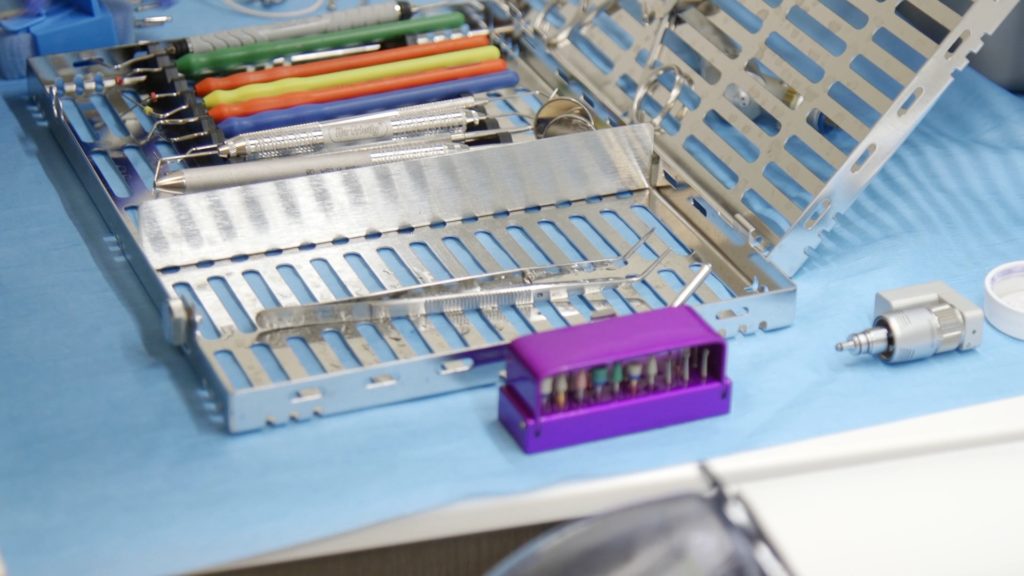
Many associate dentists ask, “How do I create the best dental equipment budget for my startup?”
Here are the top 5 factors that will have the most effect on your budget. Each of these topics is described in detail below.
In a recent episode of The Startup Dentist Podcast, I’m
Have you ever found yourself daydreaming about being your own
When you open a practice, you kind of need to know how you’re going to get paid right? Ummm yes! The insurance portion of starting your own dental office is very frightening for most new practice owners. So let’s talk about Insurance Credentialing.
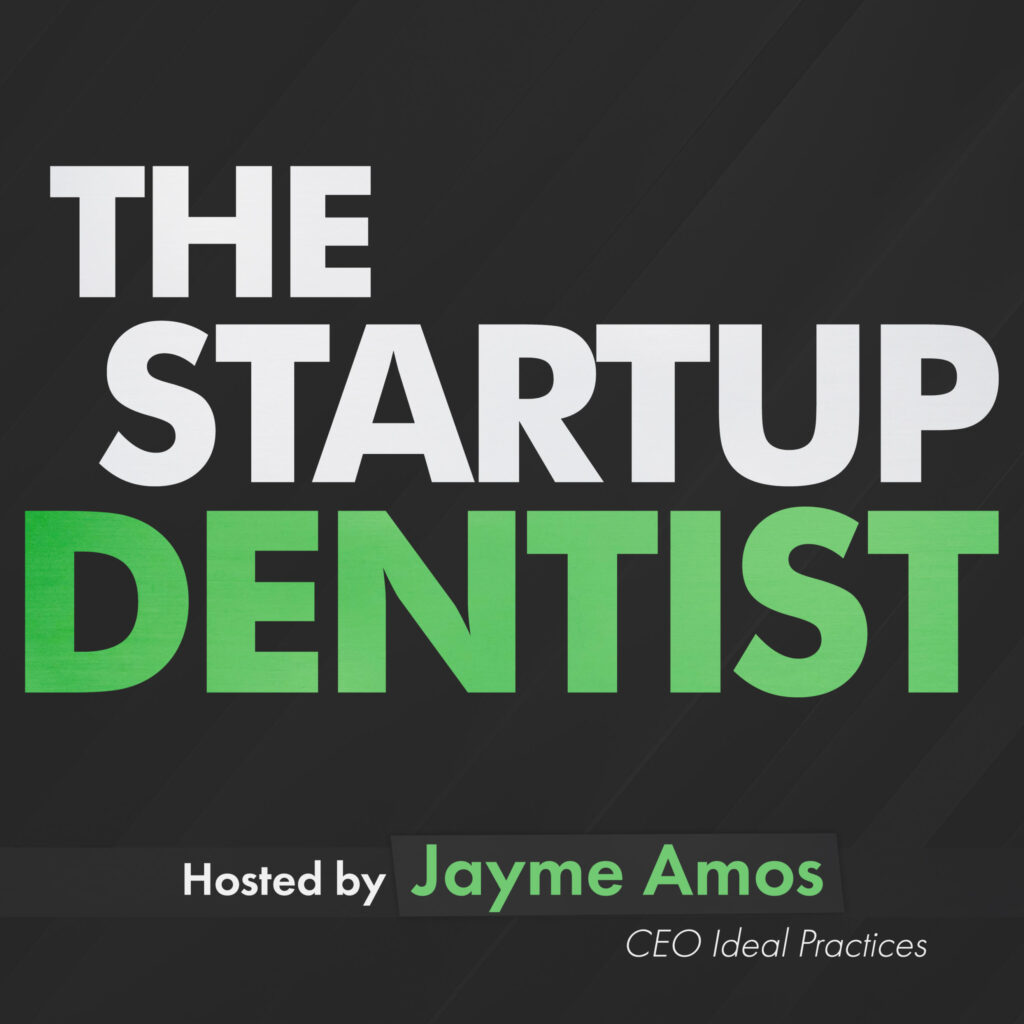
Many associate dentists ask, “How do I create the best dental equipment budget for my startup?”
Here are the top 5 factors that will have the most effect on your budget. Each of these topics is described in detail below.
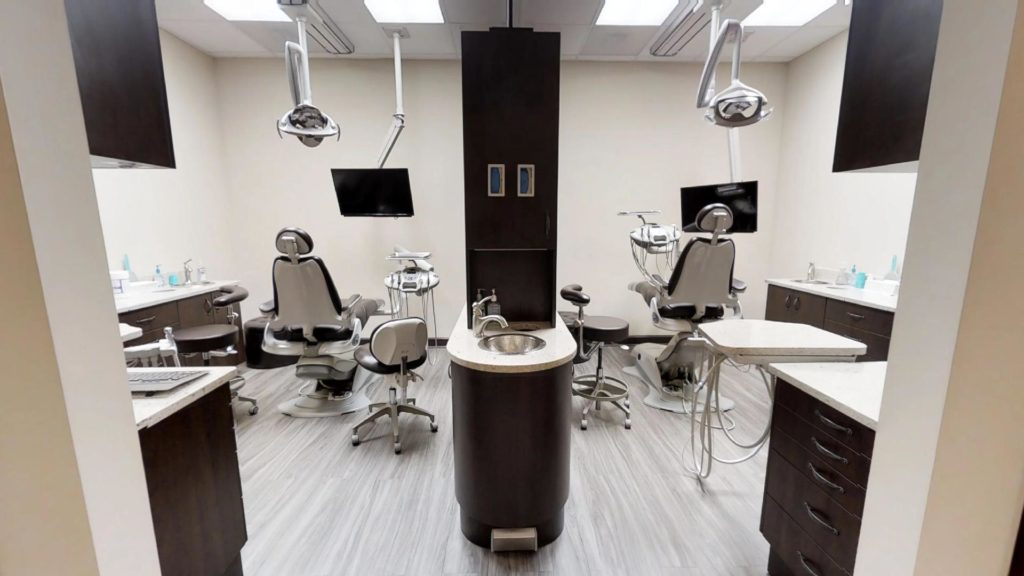
Does a private dental practice startup cost more?
No.
In many cases, private practice ownership will allow you to customize your dental business plans in a way that keeps costs lower. In this article, we will explore three doctors’ case studies to show examples of associate dentists who opened private practice startups with the right equipment costs.
Of primary importance is this: Ignore the cookie-cutter model given in sales pitches. Those models are made for a corporate-practice mindset that attempts to reduce private dental practice ownership to spreadsheets, calculations, and dollars.
Private practice ownership can keep costs low and achieve a customized model that matches your clinical and personal vision for your practice.
The topics below will show you specific ways to control your dental equipment costs with a budget customized for your model.
Dr. David wanted to open a practice in his Midwest city with a clean and modern design while staying on budget.
Like many doctors opening a startup, it was his first time opening a dental office. Unfortunately, he made one of the most common mistakes—and it almost became his highest cost.
The problem is that many doctors attempt to choose vendors for their startup before finalizing the vision for their dental practice. In Dr. David’s case, his mistake was choosing an architect first.
Contacting an architect first is a common mistake, but it nearly became Dr. David’s most expensive problem.
When you study Dr. David’s story below, you can learn the secret to avoid these potential cost overruns in your startup.
For Dr. David, he wanted a practice that didn’t feel like a typical dental office.
Because this was his first dental startup, he allowed the architects to convince him they should create his floorplan. By the time Dr. David brought his plans to our team at Ideal Practices, it contained serious design flaws that neither he nor the architect had realized.
After explaining our findings to Dr. David, he said, “[You] pointed out some pretty good issues that I would never have seen. I had never designed a space before, and [you] were spot-on right.”
It’s not the architect’s fault. Not really. He simply didn’t have the experience specific to startup practices.
There were lighting issues. And patient flow concerns. And compromises to Dr. David’s vision for his practice. Each of these problems would negatively affect the patient experience.
Even worse, these concerns would have created a significant impact on Dr. David’s budget.
In some situations, there is nothing wrong with hiring an architect.
But for a dental startup, it’s crucial each vendor has the right experience. For example, at Ideal Practices, we require a minimum of 100 startup dental practices of experience. That’s right. A minimum of 100 startups. Why? Because even the most skilled architect may not understand how to design a plan that efficiently and effectively aligns with your vision unless he or she has the right amount of startup-specific experience.
What were the results for Dr. David?
First, we focused on recovering the natural lighting in the space.
Then, in less than a day, we redesigned the floorplan to capture the customized patient experience Dr. David imagined for his dental practice.
Finally, the icing on the cake was the creation of a clean, modern design, much like what Dr. David imagined when he first started thinking about his dental practice startup.
In the above video, you will see Dr. David’s office design and hear him say:
“I still say that was one of the things that made it all worth it. If we had gone through with the design we initially had, I don’t think this practice would flow and function nearly as well as it does.”
Do you see the mistake Dr. David made? This mistake is far too common. Vendors, such as architects, will try to give you advice that actually hurts your practice.
Sadly, David isn’t the only doctor who has trusted the wrong person.
Dr. Henry nearly lost an entire operatory because of incorrect advice given by an architect who didn’t have the right experience. Fortunately, we were able to help him too.
Avoid the Biggest Mistake With Your Vendors:
The Vendors who Give Dangerous “Expert” Opinions
Most vendors are experts in their specialty. For many startup doctors, their biggest mistake is trusting vendors who give advice that hurts the rest of your dental startup.
This would be like you sending a patient to a specialist, only to have the specialist tell your patient why your treatment plan is all wrong. Can you imagine the horror of that experience?!
In Dr. David’s case, the architect nearly eliminated the best part of the floorplan. The architect’s advice would have hurt the rest of the startup!
Vendors—like architects—are experts in their niche. Not the entire startup process. Be careful of vendors who try to sound like experts. They might be experts in their one field, but that doesn’t mean their ideas are good for the future of your practice.
Instead, partner with a startup-specific team who has hundreds of startups of experience in the entire dental startup process.
While an architect might have been relevant later in Dr. David’s process, these planning mistakes would have left his floorplan missing major elements of his vision. Instead, he chose to partner with us.
In Dr. David’s First 12 Months…
In his first 12 months, Dr. David brought in 1000 new patients. This is the power of opening your dental practice the right way, from the beginning.
With all your vendors (dental equipment, architect, etc.), it’s important to understand their influence on your startup.
Ask questions like:
When you consider equipment and costs in a dental startup, be sure the floorplans are designed perfectly by a team of advisors with the right experience before bringing in outside vendors.
For your startup, the initial choices set your trajectory.
This is called your Vision Stage.
How do you get the Vision Stage right?
All your planning must be built on a customized model, based on hundreds of dental startups. Customized. Startups.
To avoid the regrets other doctors have had, ignore vendors’ advice in the planning stages. Don’t be like the doctors who are prevented from reaching their full vision.
As in Dr. David’s case, issues like losing the natural light and compromising the patient experience and original vision can happen all too easily. We are proud to have supported Dr. David, but we’re even happier that our steps helped him realize his initial vision.
For a startup practice, one of the most empowering tools will be your dental practice budget.
The goal with your budget is to give you the balance of funding today’s needs with tomorrow’s growth.
With a proper dental startup budget, you will gain control over the whole project. By doing this right, you can develop your vision without overspending in the wrong categories. You will have the freedom to invest well in the areas that are most important to your practice philosophy.
Your budget should be completed in a dental business plan prior to exploring equipment brands or looking at real estate or working on floorplans.
Categories for a Startup Dental Practice Budget Should Include:
Want to see graphs with average costs for a startup practice? Read one of dentistry’s most visited articles on Startup Practice Costs here: https://howtoopenadentaloffice.com/dental-practice-start-up-costs/
For a startup, creating the budget in a business plan will make spending decisions much easier. Imagine how freeing it will feel to know how much of your budget should be allocated in each category.
What is the right “amount”?
Each area of the country has unique average costs. These regional considerations will impact your budget.
For example, in Seattle, the cost of construction can easily exceed $200 per square foot. However, in Texas, construction can drop below $100 per square foot.
SEATTLE: 2000 Square Foot Office = $400,000 in Construction
TEXAS: 2000 Square Foot Office = $200,000 in Construction
Do these numbers suggest one area is better than the other? NO!
With hundreds of examples, Ideal Practices has client success stories in both Seattle and Texas markets. Many of these clients have million-dollar practices in the first year.
But most importantly, the right dental budget for you will be customized to your vision.
The real goal for your startup is never to spend the least. Spending less—or spending more—on construction should never be your goal.
Instead, your goal is to create the right plan to match your customized dental startup model.
First, let’s get the Vision Stage planned properly. Then, we will get you funded properly for the type of growth you desire. Your budget and your costs are simply a byproduct of the best planning. Spending the least is never an effective path to creating the best practice.
Besides, do you really want to have a reputation as the local dentist who spent the least amount on patient care? Obviously, this isn’t the right goal.
When you properly build your startup budget, it will be balanced for:
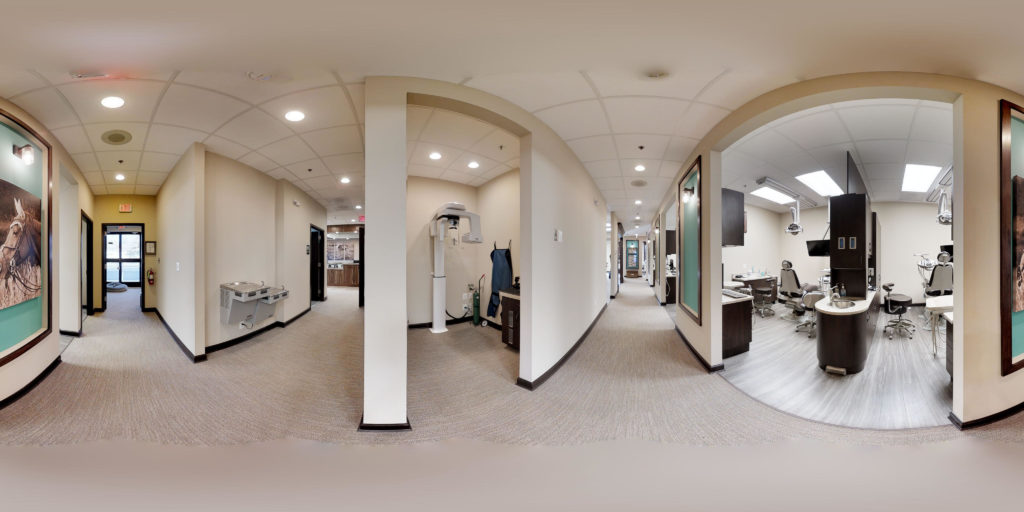
What would you tell a patient if she asked you to use her neighbor’s treatment plan for her diagnosis? Would it ever save her money, time, or effort? Of course not.
Patients sharing treatment plans would be ridiculous.
In the same way, your goal should be to stay far, far away from cookie-cutter business plans or budgets. Those other plans may have worked for some other doctor. In some other town. For some other practice model. Or some other vision.
But what good is your dental practice budget if it was created for someone else’s practice?
Just like a neighbor’s treatment plan is irrelevant for your patient.
The right goal is to have a customized business plan based on hundreds of startups. This means customizing your vision, built on the experience of at least 100 dental startups.
Whether your costs are high or…
your region is expensive or…
your equipment budget is low or…
your growth goals are ambitious…
the best startups plan their vision with a customized budget.
When the categories of your budget are balanced, you will have more freedom to choose equipment that matches your vision and your wallet.
Let’s find your balance between today’s profitability and your desires for future growth.
Is there any dental equipment you absolutely need in your practice? If you have specific brand preferences, factor that cost into your budget.
What about cone beam or CAD/CAM? If high-end technology is something non-negotiable, your plan should be built around that technology.
It is also important to ensure the utilities in the building line up properly to complement your floorplan. Maybe technology can wait, but you want it in the future. This needs consideration. It’s expensive to change your plumbing and electrical wiring for new technology after the drywall goes up.
Many of our clients will open their doors with cutting-edge technologies. Dr. Jordan did this.
Starting on his opening day, Dr. Jordan had a 3D printer. It is now one of his daily highlights in his practice. Imagine how good it would feel showing up this excited to work in your own dental practice!
You can see the fulfillment Dr. Jordan gets from practice ownership in the video below. And it all began with proper planning in the Vision Stage. He made a list of his clinical preferences, and we designed a customized dental office startup business plan that included everything on his list.
Do you have a list of clinical preferences? That is where your vision call starts. Keep reading to learn more about your vision call.
Keep in mind that Ideal Practices does not endorse any specific brand, company, or line of equipment.
Our team negotiates and introduces vendors into every project—but we have no preference. Our only goal is to help you choose and negotiate for the best vendors that match your vision.
As long as it makes economic sense, the plan is to build your customized preferences into your vision.
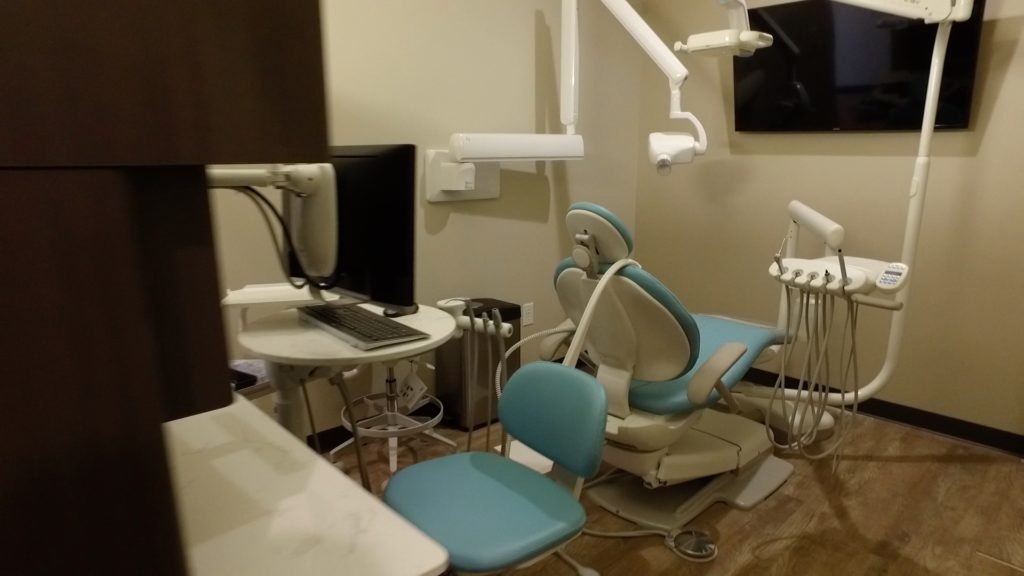
Staying within the budget is good, but let’s not forget the importance of ergonomics.
To be clear, making ergonomic decisions does not have to be expensive. Plenty of equipment is expensive just for the sake of being expensive. The same is true about purses, cars, watches, and even dental cabinetry.
When making ergonomic choices, remember that you are prioritizing clinical comfort for yourself and your patients. The key areas to keep in mind are the back, neck, shoulders, and hands.
For example, stools, chairs, loupes, and lighting will all have a profound effect on your comfort during clinical procedures. It’s important to remember that your long-term ability to fend off chairside fatigue will have a direct correlation with the dental equipment choices you make during your planning stage.
For a startup, you must get these choices right. From the beginning. A team of advisors with at least 100 startups of experience will guide you through this process, considering all the choices you should explore and introducing options you would never have considered because you didn’t know about them.
Are you right-handed or left-handed? This will affect what you need in a delivery system.
Will you want an associate in your dental practice someday? If the answer is yes, or even a strong maybe, plan to have an operatory designed for right and left-handed clinicians.
There are dozens of ergonomic concerns to consider as you plan. These will go far beyond the typical design discussions of costs and colors.
The great news is that you will have the opportunity to make the right choices for your dental practice startup from the beginning—as long as you begin with your vision.
Find out below how to set up your vision call so we can prepare a strategy that’s best for you and your future.
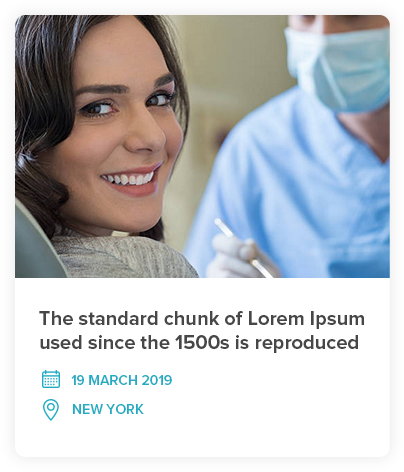
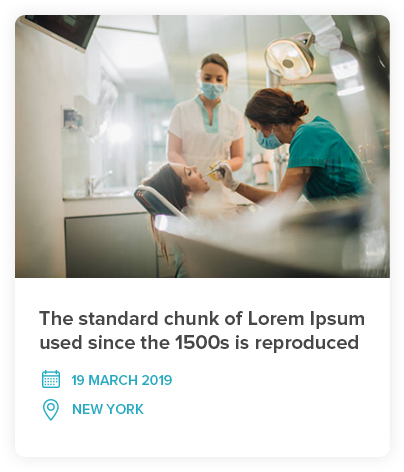
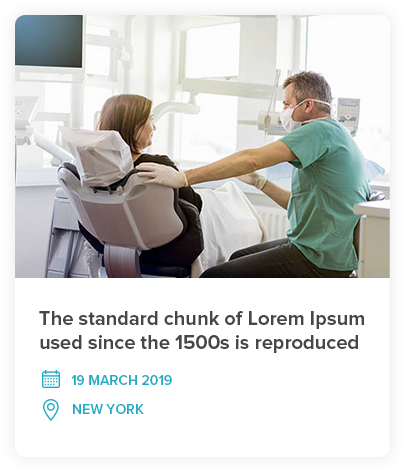
No Events Yet



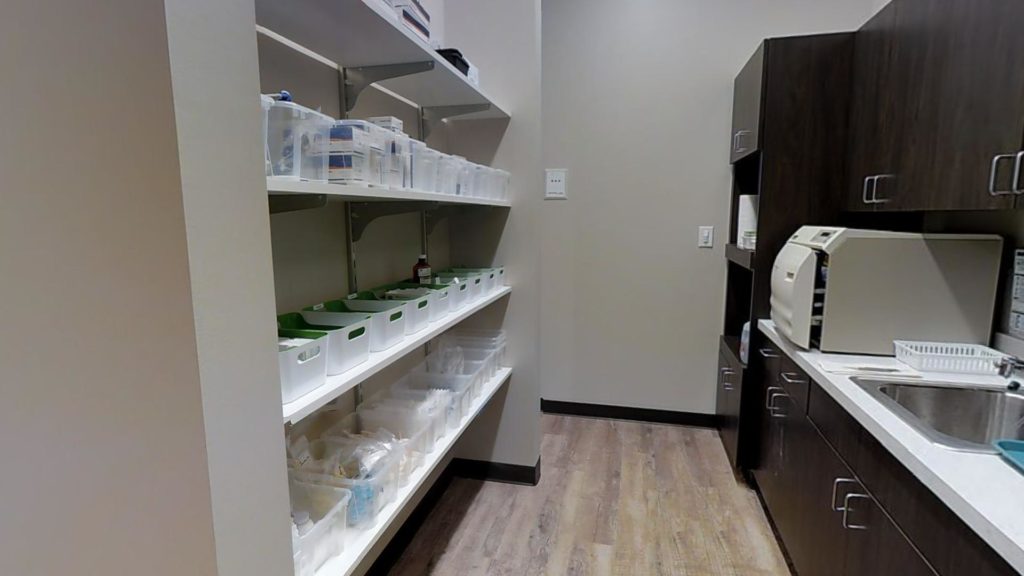
Every professional has his or her niche. For you, that’s serving your patients.
Hire the dental practice startup consultant who can give you the best expertise through all 13 Stages of startup.
At the bare minimum, you’ll need a general contractor and equipment representative. But before you hire them, you want to partner with a team who has negotiated hundreds of contractor and equipment proposals.
You get to open a dental office just once for the first time. Make sure you have an expert team on your side to get it right.
Oftentimes, as was the case with Dr. David, vendors will tell you they have experience with startups. But what does that mean? It’s open to interpretation. Have they helped at least 100 startups go through the entire 13 Stages process, or are they perhaps like an architect who wants to try designing their first dental floorplan?
For professionals who value ongoing support from a team of specialist advisors who have helped hundreds of doctors open a dental practice startup, consider working with Ideal Practices.
Ensure that all plans are customized with your vision in mind.
Contact Ideal Practices today to set up your vision call so you can begin the process of owning a highly successful dental startup.
Here’s to your future, your family, and your impact on your community can reach an entirely new level when you do this well.
Get a free copy of the full documentary here: www.StartupDentist.com
Privacy Policy: We hate SPAM and promise to keep your email address safe.
 Lorem Ipsum is simply dummy text of the printing
and typesetting
Lorem Ipsum is simply dummy text of the printing
and typesetting
 Contrary to popular belief, Lorem Ipsum is not simply
random text. It has roots in a piece
Contrary to popular belief, Lorem Ipsum is not simply
random text. It has roots in a piece
 The standard chunk of Lorem Ipsum used since the
1500s is reproduced below for those interested.
The standard chunk of Lorem Ipsum used since the
1500s is reproduced below for those interested.
 Contrary to popular belief, Lorem Ipsum is not simply
random text. It has roots in a piece
Contrary to popular belief, Lorem Ipsum is not simply
random text. It has roots in a piece
 The standard chunk of Lorem Ipsum used since the
1500s is reproduced below for those interested.
The standard chunk of Lorem Ipsum used since the
1500s is reproduced below for those interested.
Ideal Practices is the leading consulting firm for startup dental practices. The consulting team guides dentists to open successful startups across the country. This website is a free resource founded by Ideal Practices.
As part of our passion for global entrepreneurialism, we fund 10 new startup businesses in 3rd world countries every time a client opens a new practice. By the year 2024 this effort will empower 4000 new entrepreneurs worldwide.
Get a 1-on-1 strategy call with the top Startup Strategy Advisor in dentistry.
Learn how startups work in dentistry.